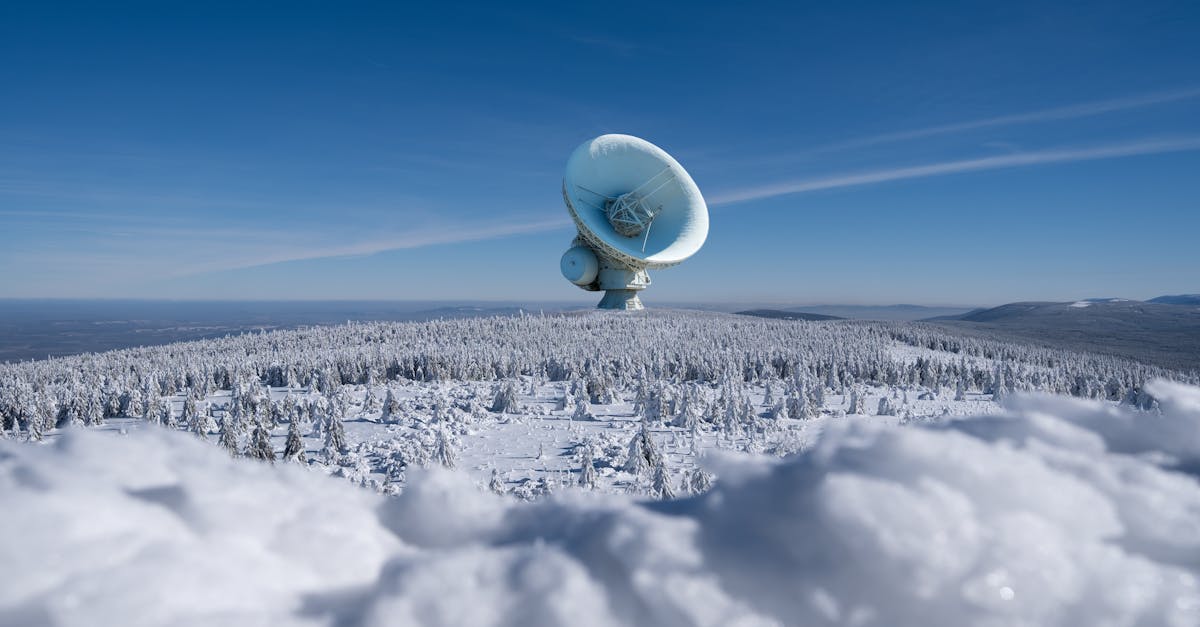**The Role of Satellites in Modern Life**
Satellites have become an integral part of modern life, playing a crucial role in various aspects of our daily lives. From navigation to communication, entertainment, and even climate monitoring, satellites have revolutionized the way we live, work, and interact with each other.
One of the most significant contributions of satellites is in navigation and mapping. GPS technology relies heavily on satellite signals to provide accurate location information, speed, and direction. This has transformed the way we navigate our surroundings, making it easier for us to find our way around cities, airports, and even rural areas.
Satellites also play a vital role in communication. Satellite phones and internet services allow people in remote or hard-to-reach areas to stay connected with the world beyond their geographical boundaries. This has opened up new opportunities for businesses, governments, and individuals to communicate with each other more efficiently.
In addition to navigation and communication, satellites are also used for entertainment purposes. Television channels, radio stations, and even social media platforms rely on satellite signals to broadcast content to millions of viewers worldwide. Satellites have also enabled the launch of numerous satellite-based television networks, providing a wide range of programming options to audiences around the globe.
**Climate Monitoring and Environmental Sustainability**
Satellites have become increasingly important in monitoring climate change and environmental sustainability. Advanced satellite imaging technology allows scientists to track changes in weather patterns, deforestation, and natural disasters. This information is crucial for policymakers to develop effective strategies for mitigating the effects of climate change and protecting the environment.
**Agricultural Applications**
Satellites are also used extensively in agriculture to improve crop yields, optimize irrigation systems, and monitor soil health. Precision farming techniques rely on satellite data to provide accurate information about weather conditions, soil type, and crop growth patterns. This enables farmers to make informed decisions about planting, harvesting, and fertilizing crops, leading to increased efficiency and productivity.
**Emergency Response and Disaster Management**
Satellites have revolutionized the way we respond to emergencies and disasters. Satellites can provide real-time imagery of affected areas, enabling emergency responders to assess damage and deploy resources more effectively. This has saved countless lives in natural disaster scenarios, such as hurricanes, earthquakes, and wildfires.
In conclusion, satellites have become an indispensable part of modern life, playing a crucial role in various aspects of our daily lives. From navigation and communication to entertainment, climate monitoring, and agricultural applications, the impact of satellites on human society cannot be overstated. As technology continues to evolve, it is likely that satellites will play an even more significant role in shaping our future.
Photos provided by Pexels
